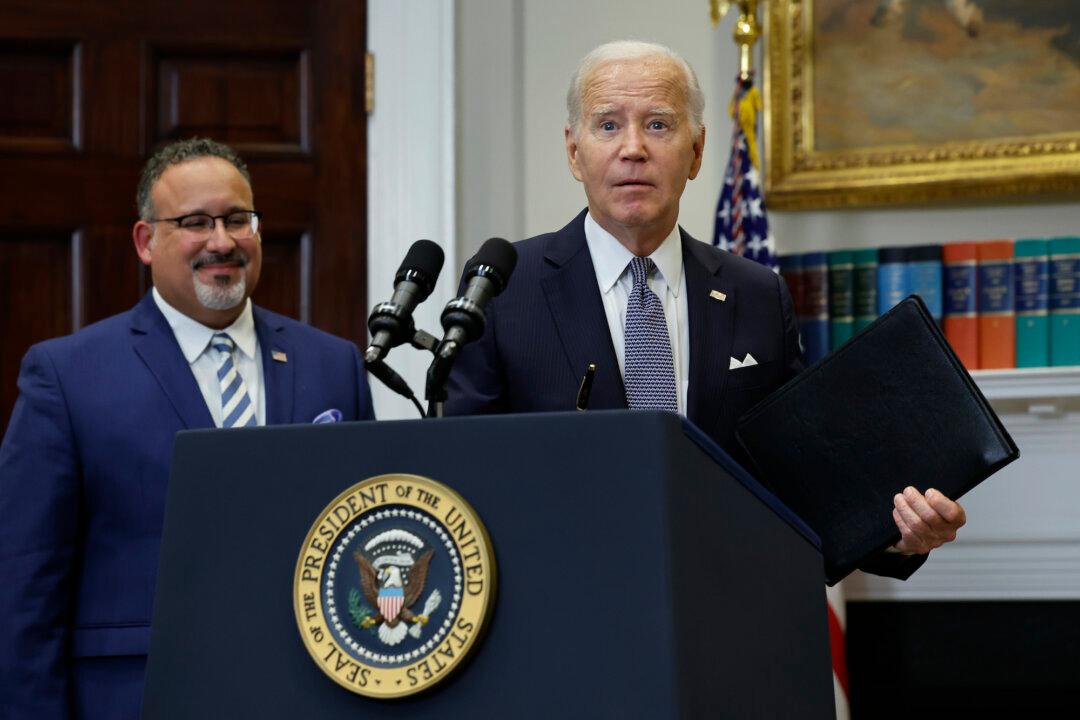Some federal student loan borrowers can expect to have their remaining debts erased six months earlier than they would have been, the U.S. Department of Education said Friday.
This accelerated debt cancellation, previously scheduled for this July, applies to borrowers who originally took out less than $12,000 in loans and have been actively repaying for at least 10 years, as long as they first enrolled in President Joe Biden’s generous income-driven repayment (IDR) plan, known as SAVE.





